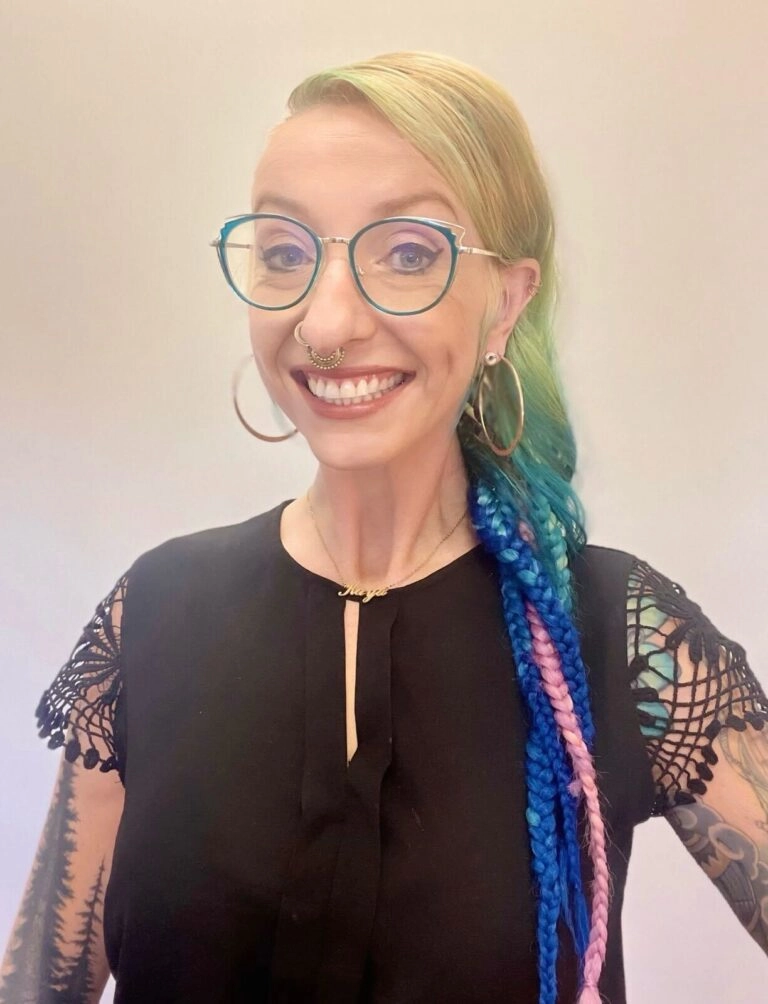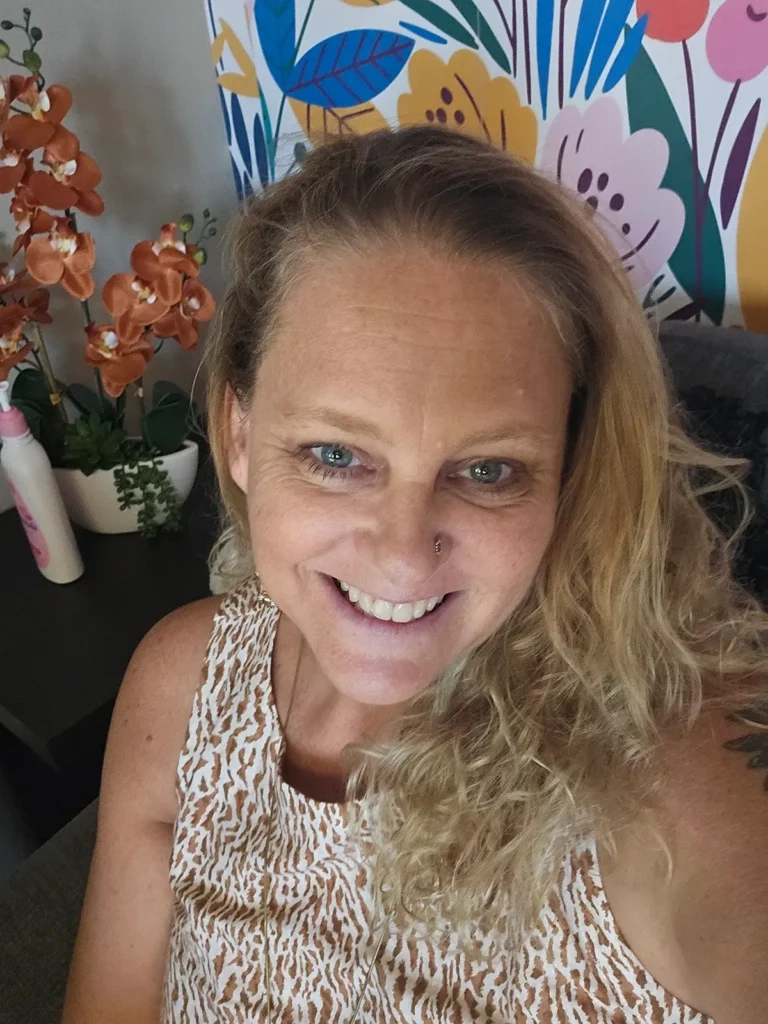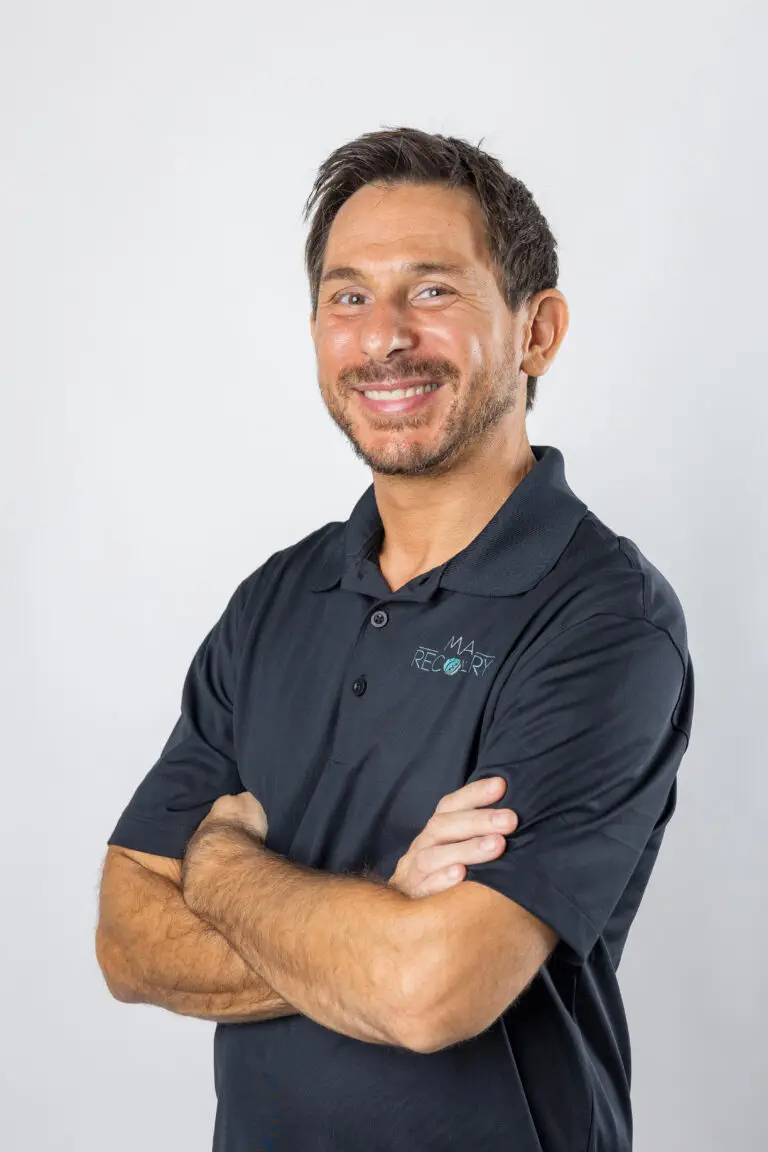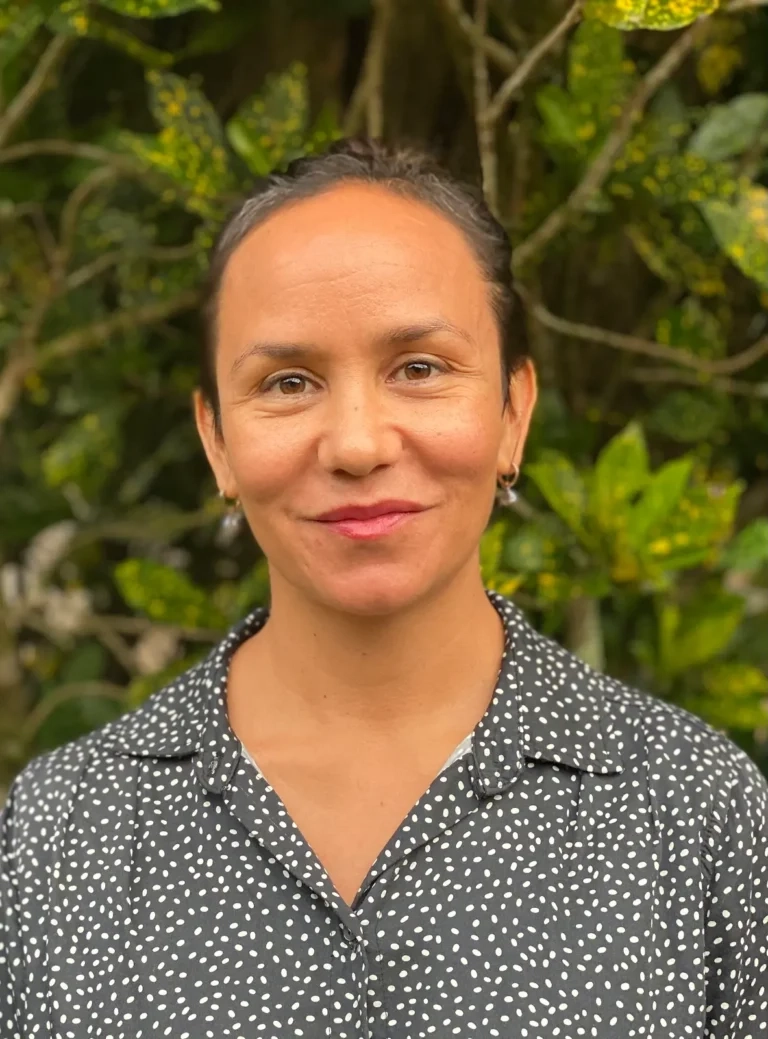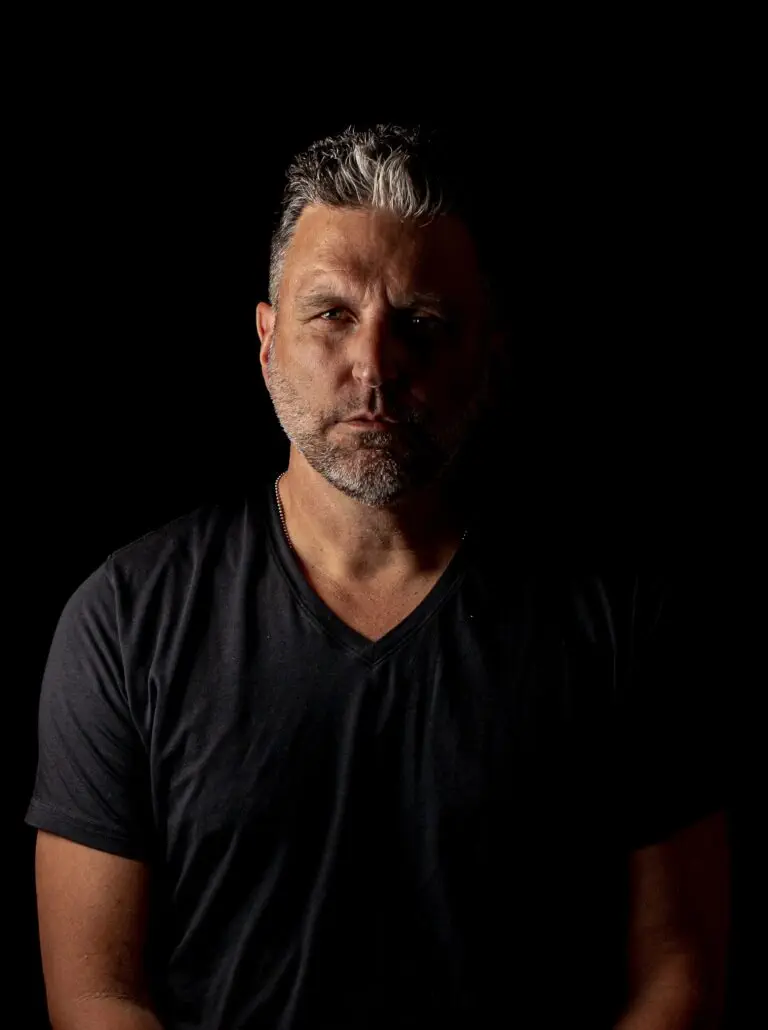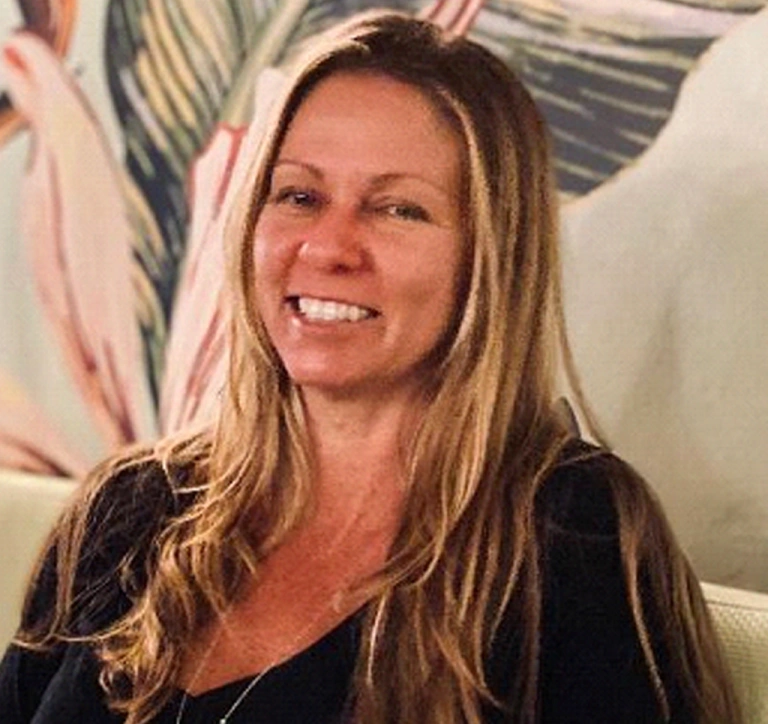Personalized Thought Disorder Treatment in Hawaii
Normal thinking involves various steps, from the initial thought to its coherent expression. A thought disorder can interfere with any of these steps. While thought disorders are often linked to conditions like schizophrenia, they can also be seen in mood disorders, dementia, mania, and certain neurological diseases. At Maui Recovery, our thought disorder treatment specialists are equipped with the expertise to treat thought disorders effectively, creating a supportive space for you and your loved ones.
Maui Recovery offers a unique and comprehensive inpatient mental health treatment program tailored to individuals struggling with thought disorders such as schizophrenia, bipolar disorder, and other related conditions. Located in the serene and picturesque setting of Maui, Hawaii, Maui Recovery provides a healing environment that integrates evidence-based therapies with holistic and adventure-based activities.
Maui Recovery offers inpatient addiction treatment, as well as treatment for underlying issues that often contribute to substance abuse, such as thought disorders. Contact our admissions team today to learn more about how our luxury drug rehab in Malibu can begin your transformation process.
Maui Recovery’s Treatment For Thought Disorders
Maui Recovery is situated on 20 acres of lush land with a stunning mansion overlooking the ocean. This tranquil and natural environment provides a therapeutic backdrop for individuals to embark on their journey.
The treatment for thought disorders program at Maui Recovery is co-ed and offers gender-specific treatment plans, recognizing the unique needs of each individual.
Maui Recovery offers comprehensive inpatient treatment for individuals with thought disorders. The facility provides a structured and supportive environment conducive to healing and recovery.
Our Therapies
Thought Disorder Therapy at Maui Recovery
The treatment modalities at Maui Recovery are designed to address the complex nature of thought disorders. Thought disorder therapy can include:
Cognitive Behavioral Therapy is a cornerstone of treatment at Maui Recovery. This evidence-based approach helps individuals recognize and modify negative thought patterns and behaviors that contribute to their thought disorders. Through CBT, clients learn practical strategies to challenge distorted thinking, set achievable goals, and develop healthier coping mechanisms.
Motivational Interviewing is utilized to help individuals explore and resolve ambivalence about making positive changes in their lives. Therapists at Maui Recovery employ this empathetic and collaborative approach to strengthen motivation for recovery, enhance self-efficacy, and promote lasting behavioral changes.
Dialectical Behavior Therapy combines cognitive and behavioral techniques with mindfulness practices. At Maui Recovery, DBT is employed to teach individuals skills for emotional regulation, distress tolerance, interpersonal effectiveness, and mindfulness. These skills are crucial for managing intense emotions often associated with thought disorders.
Mindfulness-Based Stress Reduction techniques are integrated into therapy sessions to cultivate present-moment awareness and reduce stress. Participants learn mindfulness practices such as meditation, deep breathing, and body scans to enhance self-awareness, decrease rumination, and foster inner calmness.
Maui Recovery incorporates Adventure Therapy as a means to facilitate personal growth and self-discovery. Outdoor activities like hiking, surfing, and equine therapy encourage clients to step out of their comfort zones, develop confidence, and build resilience. The challenges and achievements in these activities parallel the journey of recovery from thought disorders.
Nature Immersion is a key component of therapy at Maui Recovery. Surrounded by Maui’s natural beauty, participants engage in activities that promote relaxation, inspiration, and a sense of connection with the environment. Spending time outdoors encourages reflection, creativity, and emotional healing.
The Hero’s Journey therapy framework is used to guide individuals through a structured narrative approach to therapy. This storytelling model helps clients explore their personal narratives, identify strengths, and navigate transformative experiences in their recovery journey. The Hero’s Journey metaphor empowers individuals to embrace challenges and emerge stronger and more resilient.
Surf Therapy harnesses the healing power of the ocean as a metaphor for overcoming obstacles and developing resilience. Participants learn to ride the waves, face fears, and experience moments of empowerment and joy. Surfing also promotes physical fitness and a sense of accomplishment.
Equine Therapy involves interactions with horses to facilitate emotional growth and self-discovery. Through activities such as grooming, leading, and riding horses, individuals at Maui Recovery develop skills in building trust, setting boundaries, and enhancing empathy. Equine Therapy can be particularly effective in fostering emotional regulation and improving interpersonal relationships.
What Sets Us apart
The Maui Recovery Difference
There are many factors that set Maui Recovery apart from other thought disorder treatment centers, including:
Maui Recovery offers an authentic Hawaiian experience, incorporating local culture and activities into the treatment program. This unique approach enhances the overall therapeutic experience and fosters a deeper connection with oneself and the surroundings.
As the only licensed residential facility on the island of Maui, Maui Recovery adheres to rigorous standards of care and professionalism, ensuring the safety and well-being of residents.
One of Maui Recovery’s distinguishing features is its staff, with many members being alumni of the program. This personal connection brings a sense of understanding and empathy to the treatment approach, as staff members can relate to the challenges and triumphs of recovery firsthand.
Maui Recovery’s inpatient mental health treatment for thought disorders is a holistic and immersive program that integrates evidence-based therapies with adventure-based activities and an authentic Hawaiian experience. This comprehensive approach aims to empower individuals to cultivate resilience, self-awareness, and lasting recovery in a supportive and nurturing environment.
Maui Recovery’s Hawaii Thought Disorder Recovery Center
Maui Recovery’s inpatient mental health treatment program for thought disorders embodies a holistic and innovative approach that goes beyond traditional therapy methods. By integrating evidence-based modalities like Cognitive Behavioral Therapy (CBT), Motivational Interviewing, Dialectical Behavior Therapy (DBT), Mindfulness-Based Stress Reduction (MSSR), and Adventure Therapy with unique experiences such as Surf Therapy, Equine Therapy, and Nature Immersion, Maui Recovery offers a comprehensive and personalized path to recovery.
Through these therapeutic interventions, individuals struggling with thought disorders are empowered to identify and challenge negative thought patterns, develop essential coping skills, enhance emotional regulation, and cultivate mindfulness. The immersive activities provided by Maui Recovery not only promote personal growth and self-discovery but also serve as powerful metaphors for overcoming challenges and building resilience.
Maui Recovery’s serene and beautiful environment in Maui, Hawaii, adds a unique dimension to the healing process, fostering relaxation, inspiration, and a deep connection with nature. The program’s emphasis on the Hero’s Journey narrative framework further guides individuals through transformative experiences, empowering them to embrace their journey of recovery with courage and determination.
FAQs
What is a Thought Disorder?
Thought disorders are a category of mental conditions characterized by disorganized thinking and disrupted communicative speech. This disruption can manifest as difficulty in organizing thoughts, making it challenging for an individual to convey ideas or understandings clearly. The speech might seem tangential, with topics changing rapidly and seemingly without clear connection. Individuals with a thought disorder may also invent words (neologisms), speak in a manner that seems overly abstract, or might be easily derailed from one topic to another without clear logical progression.
The origins of thought disorders can vary widely. They are most commonly associated with schizophrenia, a severe mental illness where they might be accompanied by hallucinations and delusions. However, thought disorders can also be indicative of mood disorders, certain types of dementia, mania, and some neurological diseases. It’s essential to differentiate between a primary thought disorder and symptoms that might arise due to other conditions, such as a high fever, intoxication, or metabolic imbalances, to ensure appropriate treatment.
When someone is grappling with thought disorders alongside other mental health challenges, their path to recovery can feel particularly daunting. Thought disorders, with their disorienting and often frightening disruptions in thinking and communication, can intensify the complexities of healing. However, even in the face of such challenges, it’s important to remember that a full recovery isn’t beyond reach. With the right support and understanding, one can navigate these turbulent waters and find clarity. Maui Recovery has programs by trained personnel who deal with co-occurring disorders regularly.
Is Depression a Thought Disorder?
Depression is not classified as a thought disorder in psychiatric terms. Instead, depression is categorized as a mood disorder. However, distorted and negative thinking patterns often play a significant role in depression. These thought patterns can include feelings of worthlessness, hopelessness, guilt, and self-criticism. Cognitive behavioral therapy (CBT) is a common approach used to address depressive thought patterns by challenging and changing negative beliefs.
Is Anxiety a Thought Disorder?
Similar to depression, anxiety is not typically considered a thought disorder but rather an anxiety disorder. However, like depression, anxiety disorders involve distorted and excessive thinking patterns that contribute to heightened feelings of fear, worry, and unease. Common cognitive distortions in anxiety include catastrophizing (expecting the worst), overgeneralization, and mind-reading (assuming negative thoughts about oneself from others). Treatment approaches such as CBT and mindfulness-based techniques aim to address and manage these thought patterns.
How to Overcome Thought Disorders
If someone is experiencing symptoms of a thought disorder like schizophrenia or other psychotic disorders, professional psychiatric assessment and treatment are essential. Treatment often involves a combination of medication and psychotherapy tailored to manage symptoms and improve daily functioning.
For anxiety and depressive thought patterns (which are not thought disorders in the psychiatric sense), cognitive-behavioral techniques can be highly effective. Here are steps that can be helpful:
- Cognitive Behavioral Therapy (CBT): CBT is a structured therapeutic approach that helps individuals identify and challenge negative thought patterns. Through CBT, one can learn to replace irrational thoughts with more realistic and balanced ones.
- Mindfulness and Meditation: Practices like mindfulness meditation can enhance awareness of thoughts without judgment. This can reduce the impact of intrusive or distressing thoughts.
- Medication: In cases of severe depression or anxiety disorders, medication prescribed by a psychiatrist may be necessary to alleviate symptoms and make it easier to engage in therapy.
- Healthy Lifestyle Changes: Regular exercise, adequate sleep, and a balanced diet can have a positive impact on mood and thought patterns.
- Seeking Professional Help: It’s crucial to consult a mental health professional for personalized assessment and treatment recommendations tailored to individual needs.
While depression and anxiety involve distorted thought patterns, they are not classified as thought disorders. Effective treatment often involves addressing these thought patterns through therapy and other interventions. For thought disorders like schizophrenia, specialized psychiatric care is essential.
Learn More About Thought Disorder Treatment in Hawaii
If you are interested in learning more about thought disorder treatment in Hawaii, contact us at Maui Recovery today.

Your recovery awaits
Meet our team
